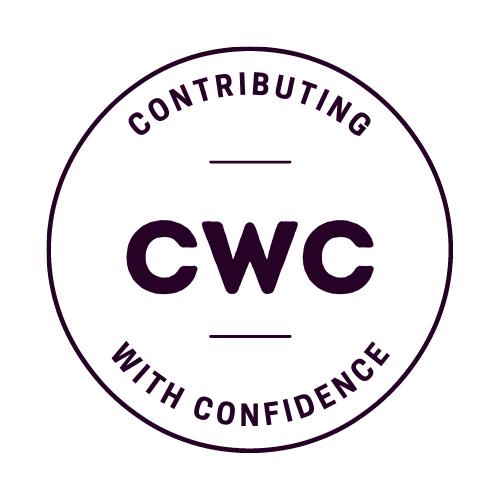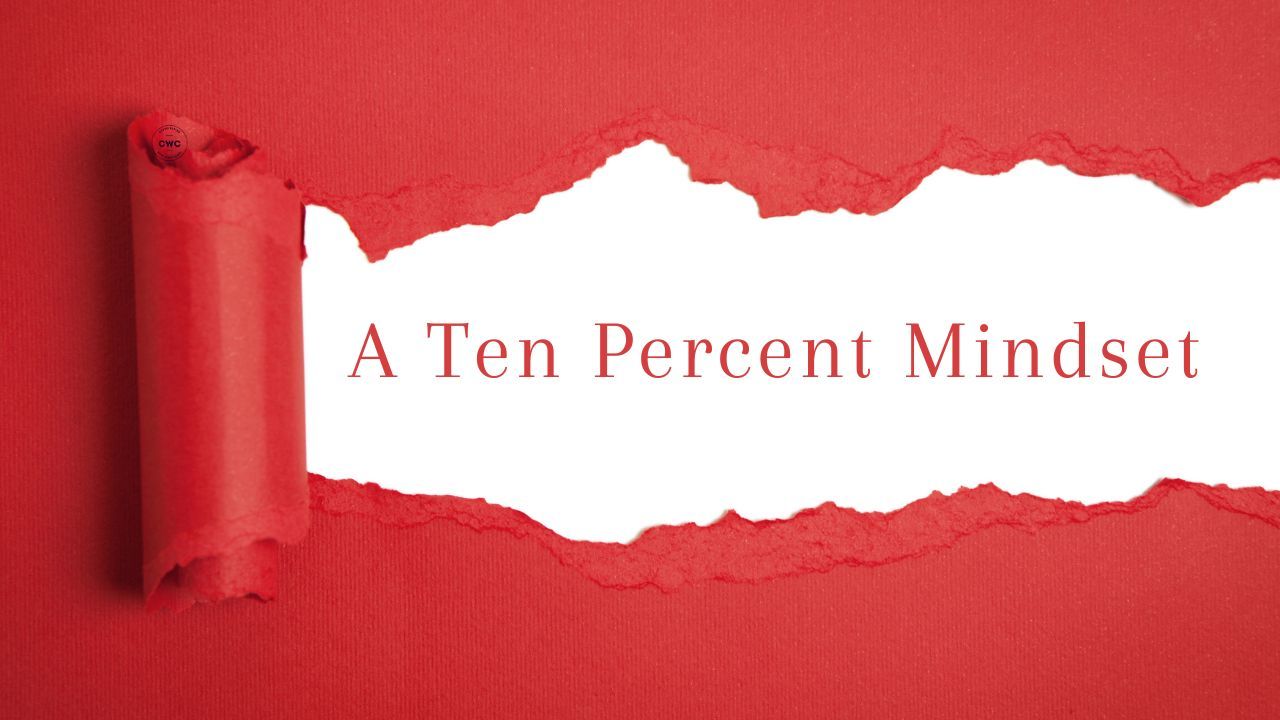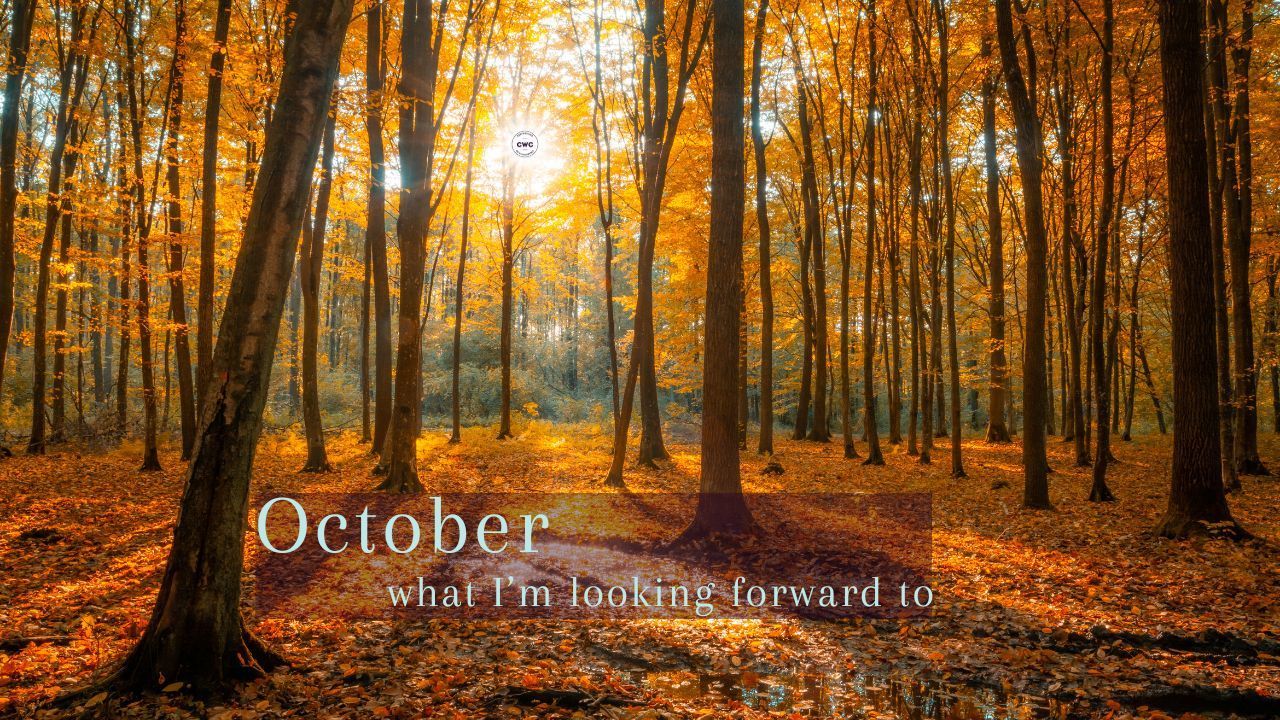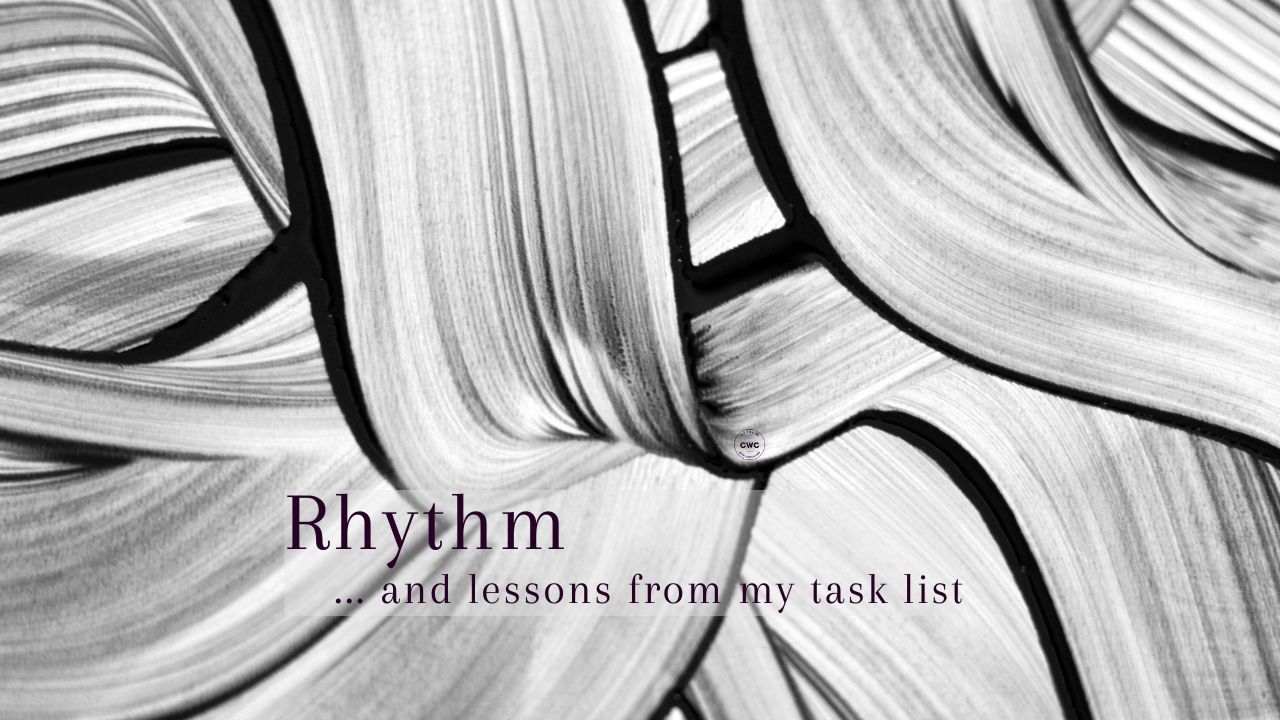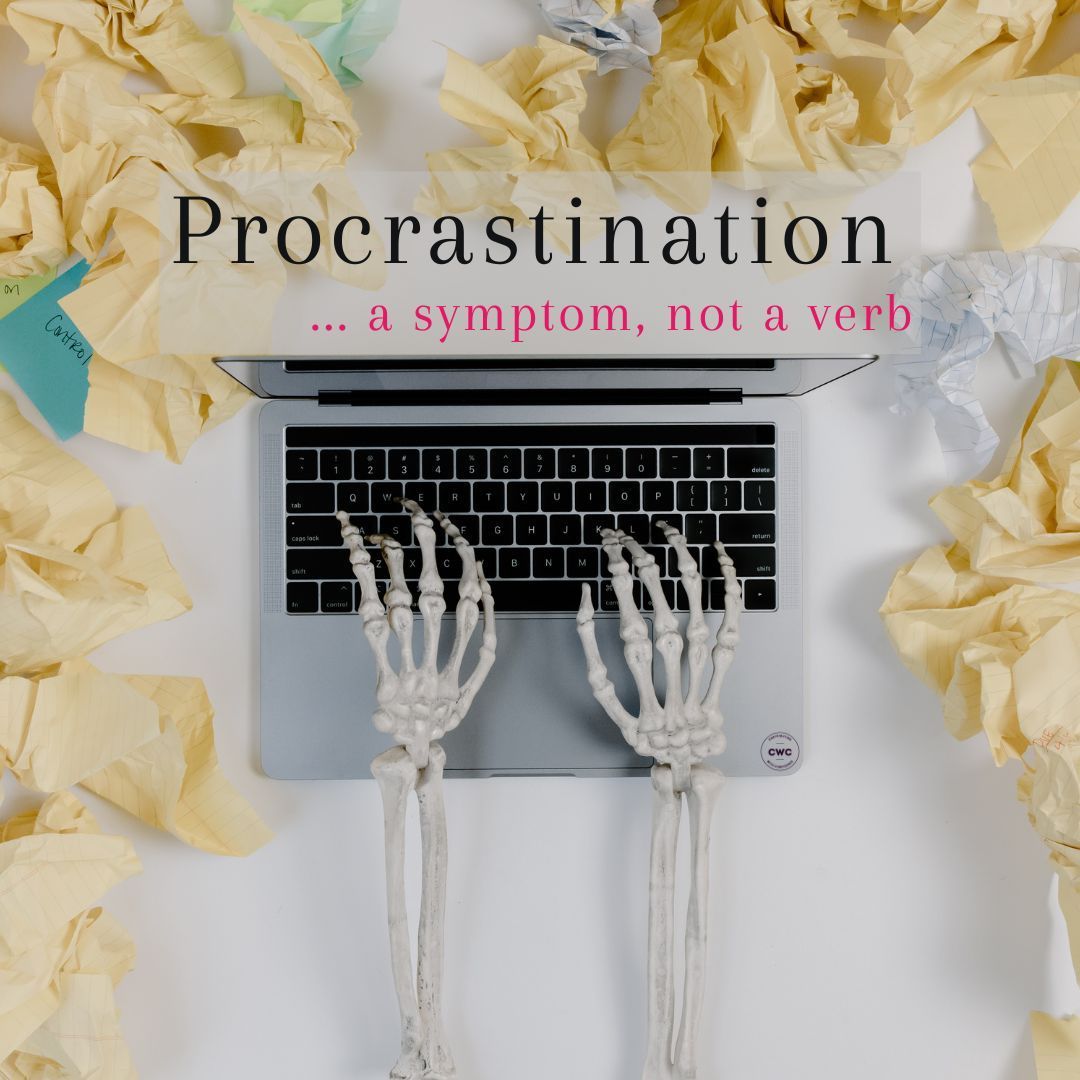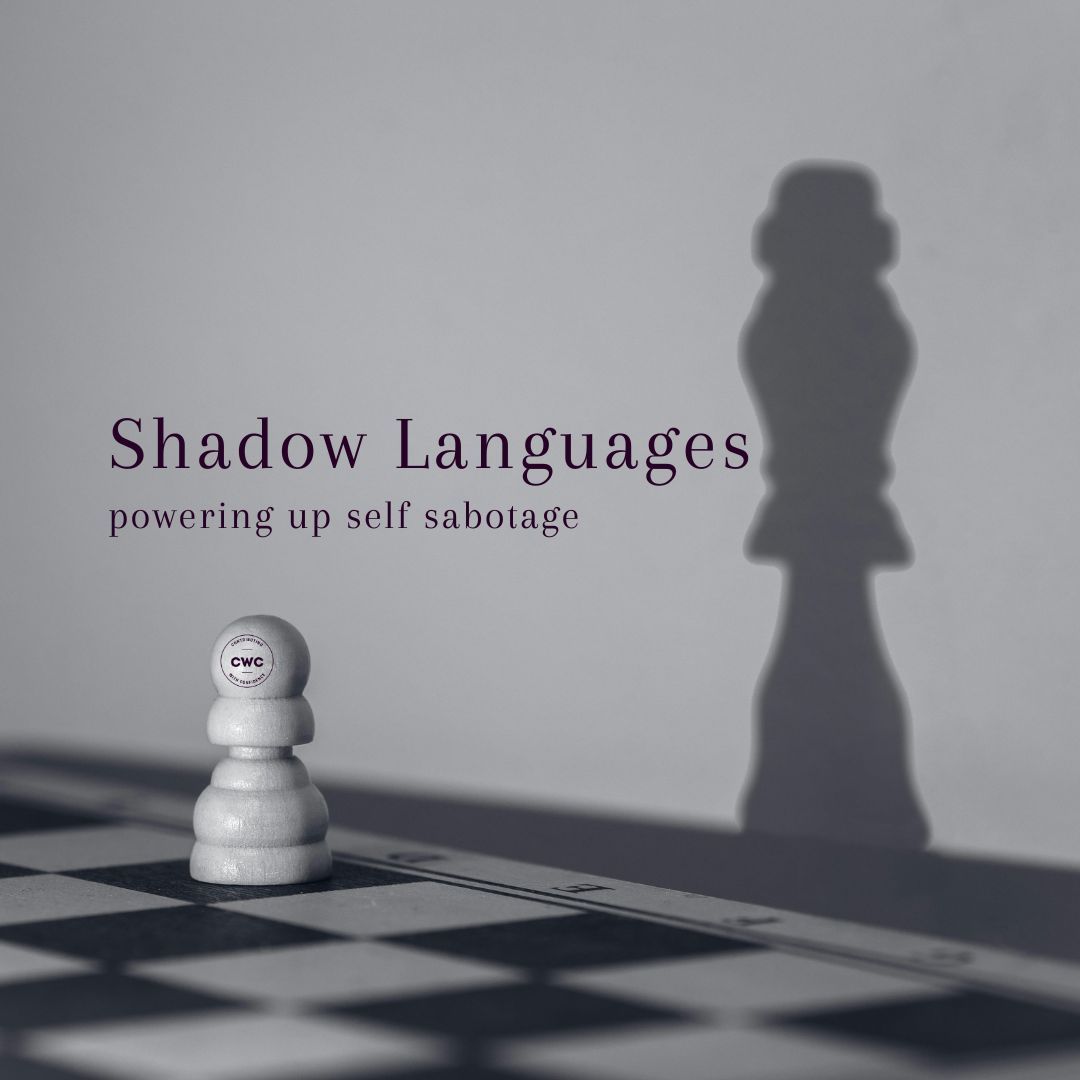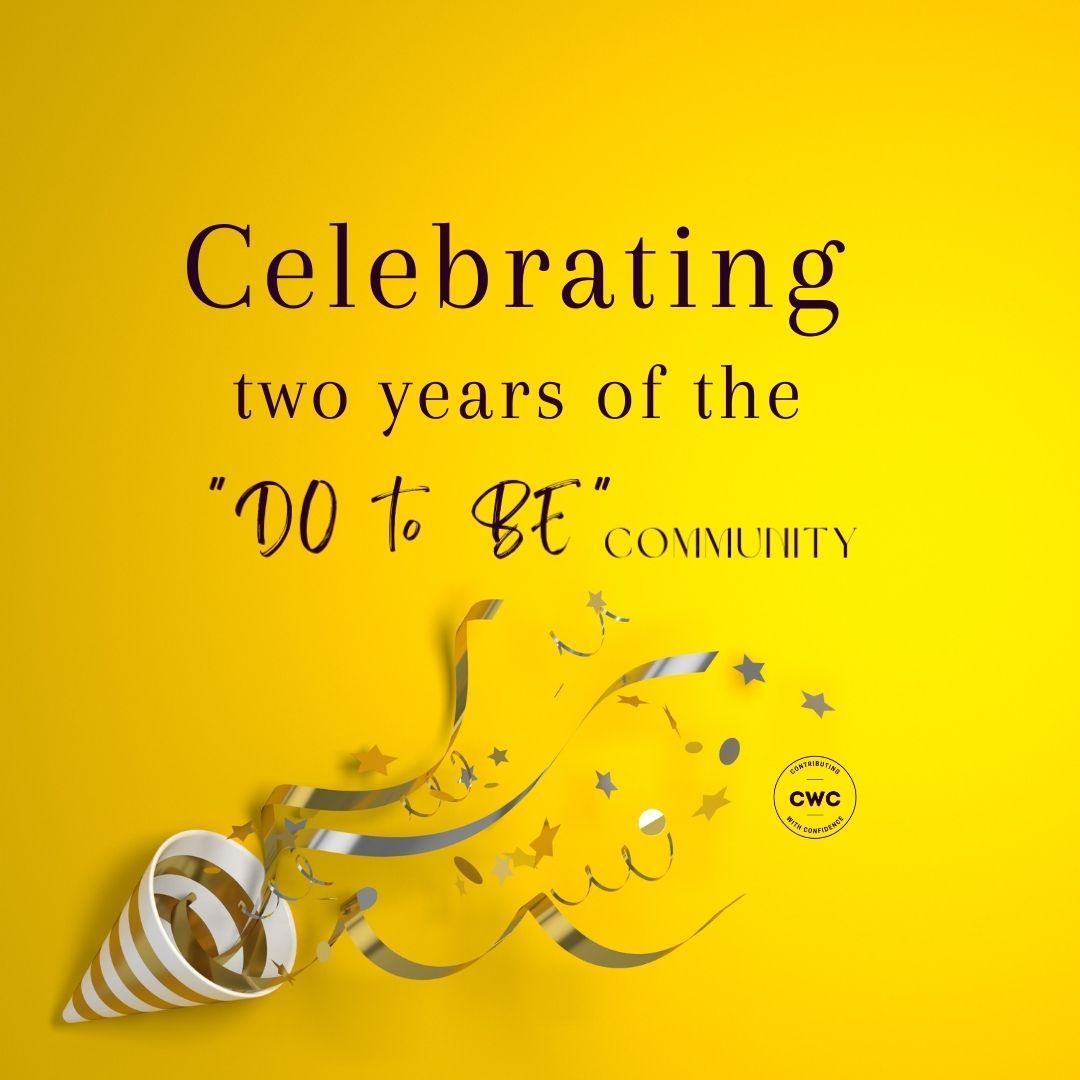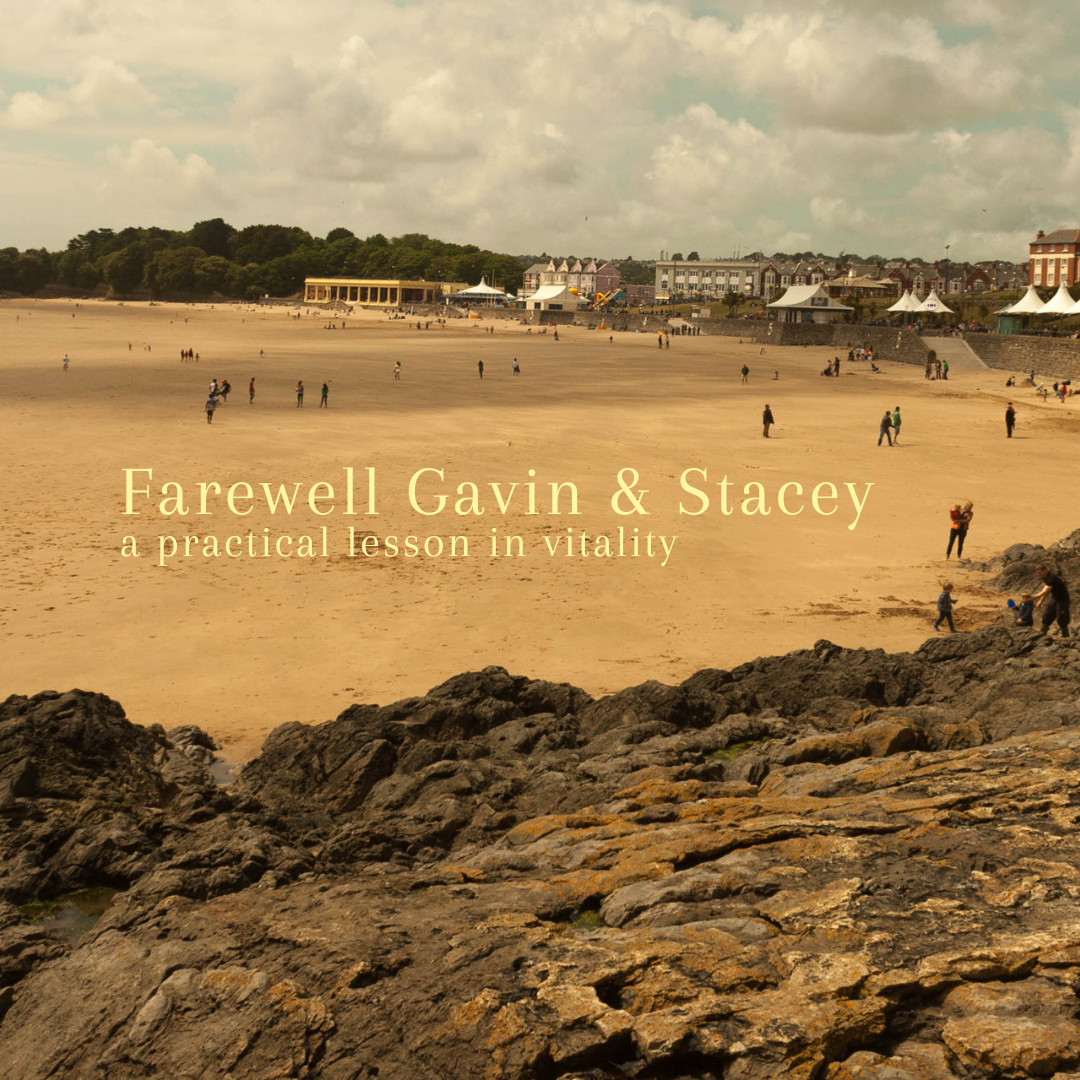Project planning - why bother?
Navigating the 'new' can be a daunting thing

So, this project that you have in mind, how do you know it’ll work?
I mean, obviously, you know your organisation and its activities, and you have a good gut feel about this one, but how do you know? And more to the point, how will you convince anyone else?
Projects can be slippery and stubborn beasties, which is one of the reasons why seeing a completed one flowing and creating benefit, just as it should, can be such a satisfying thing. Obviously, you would like to make a difference and create something tangible from your endeavours, but what else is driving and inspiring you? Is there an element of fear, some sense of scarcity? You probably don’t want to be wasting time and effort, and neither do you want to be wasting valuable organisation resources (time, energy and money). Bid writing is such a numbers game – the process is just so competitive and each ‘No’ adds a certain sort of a dull weight to the group of you who have certainty about the difference that you can make, if only you could get more funders to see that too… It’s not always about the funding, it can also be about running the project and getting enough people to sign up to take part in the activities. There can be a lot of water to push up hill sometimes. Wouldn’t it be good to do it once, and do it right, with reasonable levels of self-assurance that the project itself is going along OK?
With a good project plan, you can.
There are numerous points of potential failure for projects, but the two classics are not enough evidence of need and not enough support for delivery. There is no substitute for groundwork and fundamentally this boils down to investing the necessary time to build relationships and understanding. This is where a good project plan comes in – it helps to focus the mind about what’s required, where the gaps are and to be able to monitor progress. A great project plan has clarity on:
- Goals
- Measures
- Capturing Learning
- Communication
Goals
The SMART goals (specific, measurable, appropriate, realistic and timely) are best. What is going to make a difference to the people, places or creatures your organisation works with? What’s the timeframe? It’s not just the purchase of the thing, it is also having enough project activity time to put the thing into action because the new thing is going to enable your organisation to do something it couldn’t do before. What should your project be achieving? What could it achieve? How do you know? Always, it comes back to ‘yes but, how do you know?’
Measures
Well, how are you going to know when you have arrived? How will you know how much progress the project is making as you go along? What’s realistic? What could you measure that represents something less easy to measure? It’s always worth spending time considering the measures and bringing some elegance to it. Elegance in projects is always a valuable commodity.
Capturing learning
This forms the basis for progress and evolution in an organisation’s work. There are always things to be learned in the doing of something. How many times have you thought that you’ll definitely remember that glorious insight that just occurred to you? I find I usually remember the act of remembering, but not the actual detail. It’s quite frustrating. So how about knitting in a deliberate act of recording and remembering these fine details? Then there is the matter of sharing that learning for the benefit of others. How will that happen?
Communication
It is so easy to get your head down and focus on the minutiae of a project. Stopping to talk to other people about it is such a drag… but there is a price to pay. Humans thrive on communication and without it they tend to (selfishly) drift off and get absorbed in their immediate concerns. They need reminding about what is happening, and why. Projects need people to believe in them. Running out of energy three quarters of the way through is a desperate state of affairs. Support needs to be wooed and gauged early. If it isn’t there, pull the plug in the beginning, not near the end. That way lies madness. Literally. (I have that T-shirt. It’s not a pleasant garment.)
A great project plan is compelling. It has a basis in real evidence that demonstrates why the project is needed, with a clear trail to the way the solution has been devised and how it will be delivered. It will also be obvious where the support for the project lies and in what form. In short, a great project looks like a no brainer. Project planning works.
How do I know this? Including my voluntary work, I now have a quarter of a century of experience. Some of these things I know because of the truly disastrous way things went wrong, once (or twice!) upon a time. I’ve also been on grant decision making panels, and it is so obvious when a well thought out, authentic bid comes through, written by the people who do the work. It took me a long time to learn some of these lessons and I have devised a way of creating project plans that have that indefinable energy to them. Nowadays I do what I do to save you from having to spend too long learning these same things…
During 2022 I’ll be running a limited number of in person Project Planning masterclasses, with a hefty emphasis on implementation. The first people to find out about new project planning training will be those on my email list. They are also the people who get the early bird options – sign up now to be sure you don’t miss out!
